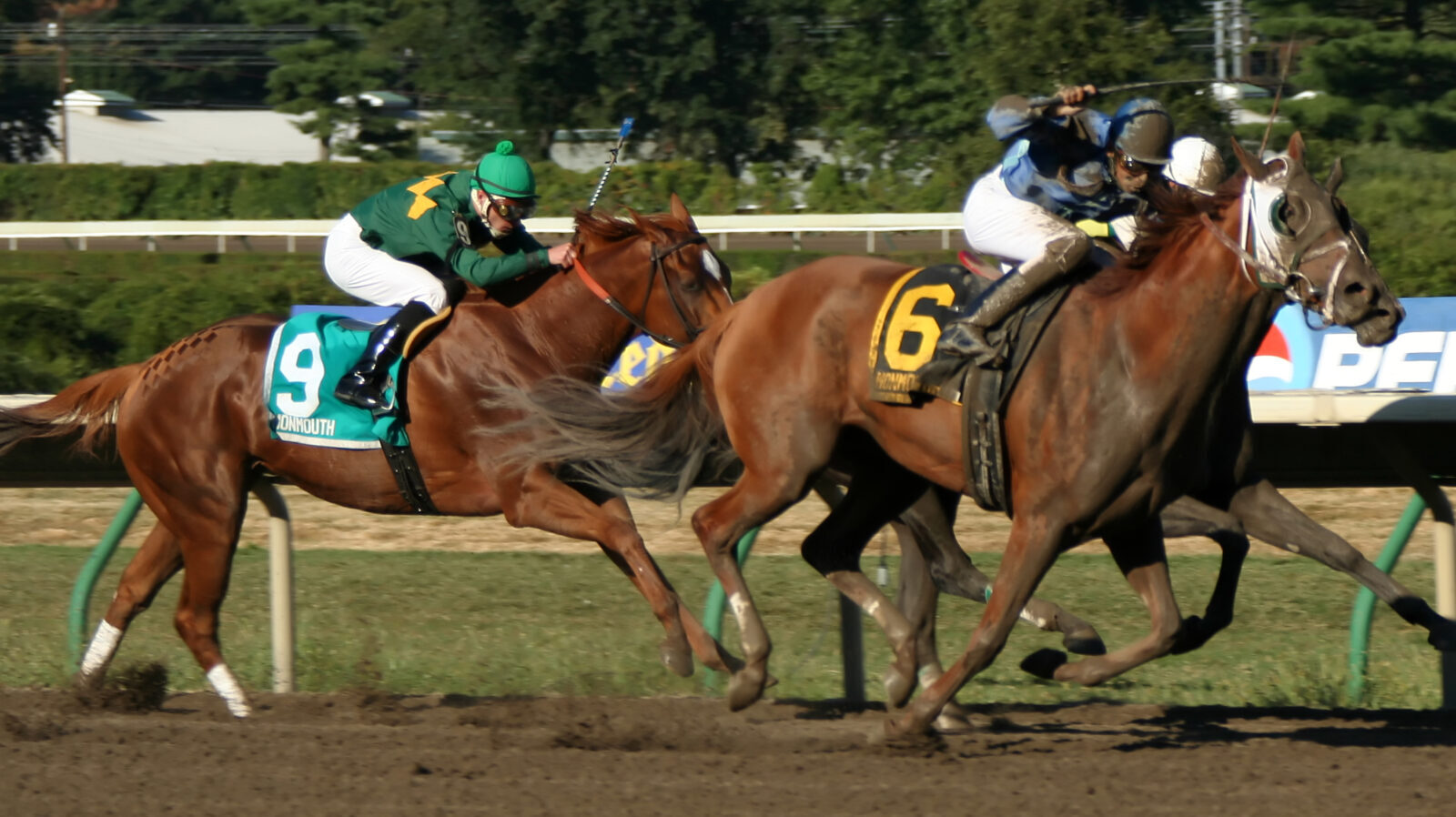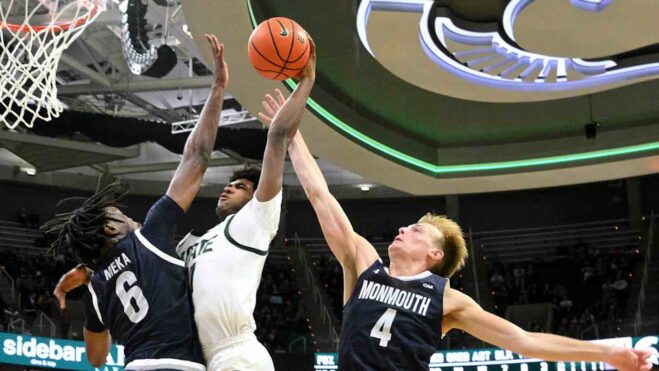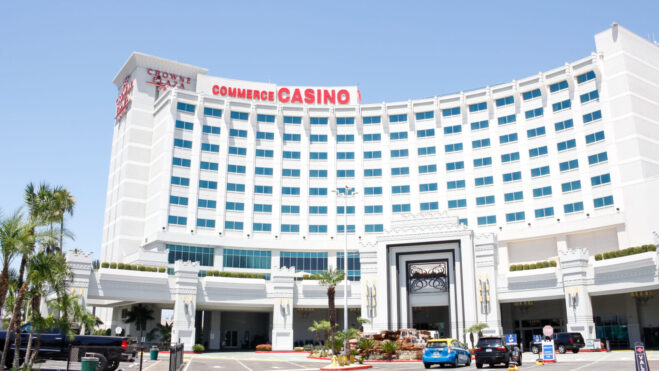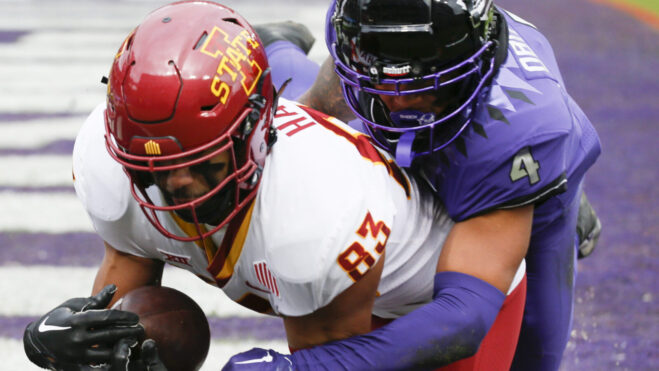New Jersey Horsemen, Casino Owners Score Wins As State Lawmakers Break For Summer Recess
The Assembly approved a five-year extension of the $20M annual horse racing industry subsidy, but smoking ban bills were not considered.
3 min

On the final day of the New Jersey Legislature’s session on Friday, before a two-month-long summer break, both the state and the Assembly unanimously approved a five-year extension of the $20 million annual horse racing industry subsidy that first was approved in 2019.
That bill ordered industry leaders to provide a yearly report that would include tangible evidence that the subsidy led to higher racetrack revenue.
Clearly, lawmakers across the state have decided that the horsemen have passed the audition.
New Jersey subsidy history lesson
This subsidy replaced a similar one that had been effect more than 20 years ago from the Atlantic City casino owners who wanted to be sure to preserve what then was a near-monopoly on legal, regulated gambling in the state (aside from horse racing and the lottery). So in exchange for a guarantee that, for example, thousands of slot machines wouldn’t be approved for the Meadowlands Racetrack, the then-thriving casinos were content in backing racetrack purses to maintain the status quo.
But the opening in 2006 of casinos in neighboring Pennsylvania and New York sent the Atlantic City casino industry into a freefall, as total revenue — which had increased every single year since the first casino, Resorts, opened in 1978 — declined by 50% over the next decade.
That led to the closure of five casinos and, by the time Chris Christie became governor in 2010, Christie agreed with the casinos that they could no longer afford to prop up the state’s horsemen. In fact, Christie threatened to shut down the state-owned Meadowlands Racetrack for standardbreds and Monmouth Park for thoroughbreds.
Eventually, New York City real estate mogul Jeff Gural agreed to take the reins at the Meadowlands, while the state’s thoroughbred horsemen elected to have racehorse owner Dennis Drazin’s Darby Development operate the Monmouth Park track.
But both tracks began cutting down the number of annual racing dates in an effort to economize, and there were concerns that something would have to be done to keep the industry alive. That’s when the new subsidy plan was created and approved.
What happens next
Gov. Phil Murphy has until mid-August to sign the bill into law, to veto it, or — in a maneuver he utilized earlier this year on the same topic — to do nothing and in effect exercise a “pocket veto.”
Murphy has become reluctant to sign any bill that is passed during a “lame duck session” that takes place just after state elections. He is expected to sign this bill because it did not occur in lame duck.
“We’re hopeful that Gov. Murphy, who’s always been supportive of us and had our back, will sign the bill,” Drazin told Thoroughbred Daily News. “This will be a big boost for purses, and it’s important to the survival of the industry that this bill gets done.”
Drazin noted that it takes a few years for a newborn foal to mature to racing age, so it was crucial for horsemen to be secure in knowing that the subsidy will last until the latest breeding crop reaches the racetrack.
“This does a lot for the breeding industry, which in turn means a lot of jobs in New Jersey and the preservation of open space,” Drazin said. “Without a breeding industry, everything gets sold for development.”
The $20 million is split equally among each breed. All $10 million on the thoroughbred side goes to racing purses, but the standardbred, or harness, racing subsidy is more complex.
The Meadowlands gets $6 million toward purses, Freehold Raceway — the state’s other track — gets $1.6 million, $1.2 million goes to New Jersey Sire Stakes purses, and the other $1.2 million is split equally among purse bonuses for horses sired in New Jersey and for awards purses for breeders.
The state’s racing industry has been credited for leading to the preservation of at least 175,000 acres of farmland, a key factor for the most densely populated state in the U.S. Thousands of full-time and part-time jobs in the state also were in jeopardy without the subsidy.
Smoking ban legislation stalls
In other news out of the Garden State as the legislative session wound down, the legality of smoking in casinos remains unchanged for now.
In 2006, then-New Jersey Gov. Richard Codey signed a bill into law that banned smoking indoors in the state with few exceptions. Cigar bars and other tobacco-related businesses were exempt from the law, as were Atlantic City’s casinos. The sentiment at the time was that many gamblers who regularly visited the city would take their business elsewhere if they couldn’t enjoy a cigarette as the played table games.
But in the past few years, a majority of lawmakers in both the Senate and Assembly have publicly endorsed an end to the casino smoking exemption. Many have cite health concerns about second-hand smoke expressed by casino employees who have prominently lobbied statehouse leaders to bring the issue before all lawmakers for a vote that seemingly would favor those employees.
As dozens of bills came up for vote last week, however, the smoking ban bills were not included for consideration of the total of 120 elected state officials.
The opposition by casino executives has persisted in spite of a decline in the number of people who smoke as well as an increase in the number of casinos that operate under a no-smoking edict with little to no negative impact on the bottom line. Studies have suggested that for every smoking gambler who stops attending the casino, a non-smoking gambler arrives in their place as they no longer are concerned about inhaling cigarette smoke.
In New Jersey, gambling operators — whether it be casinos or horse racing tracks — have always tended to get what they want. That proved true again last week.






